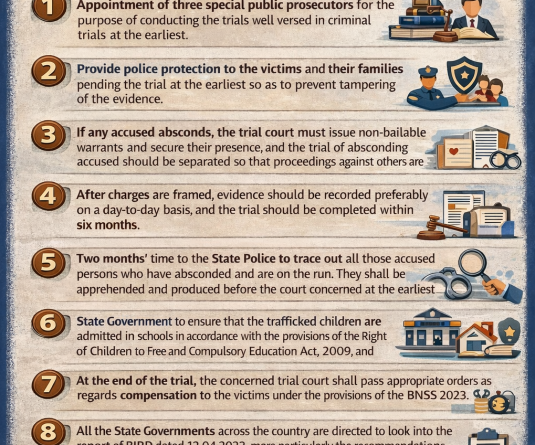
KOHIMA: As part of ‘Impact 5000 by 18’ Campaign, YouthNet is partnering with Said Business School, Oxford University to do a study on financial literacy and economic empowerment of students in Nagaland. ‘Impact 5000 by 18’ is a 5 year campaign in partnership with Department of Youth Resources and Sports, Government of Nagaland focusing on entrepreneurship and employment.
Child and Youth Finance International (CYFI) which leads the world’s movement dedicated to enhancing the financial capabilities of children and youth stated in their rationale, ‘Children and youth are the future economic actors whose financial decisions will dictate the future of world economies. Providing young people with the economic and social environment to prosper and the competences (financial, social and livelihoods) to thrive have a meaningful impact on the lives of individuals and the communities in which they live.’
As a preliminary study, Anna Custers, a Ph.D Student from Said Business School interacted with youths from diverse backgrounds, learning about how young people in Nagaland grow up learning how to handle money.
Mostly interacting with students in the Higher Secondary and College level, including government institutions, her emphasis was on how they go about managing their finances- whether people save or invest, and if they have to borrow money, where do they do that, etc. In this connection, she enlightened that, what she found so far is that education is highly valued here in Nagaland, more than she has seen anywhere else in India. She was also of the opinion that, “education is very much supported from family and home; everyone is bright, and eloquent in English”.
While with respect to pocket money, she said, “it is very clear that every family deals with money differently.” She also stayed with a few families and in hostels, while observing that people tend to be more open with you, that way. When it comes to how students make use of their pocket money, she said that most of them spend it on food, sweets, mobile top-ups, or save them to buy presents for birthdays or special occasions, as well as clothes. On the other hand, she said there are those who do not get pocket money but approach their parents for their needs such as clothes as and when they need it.
She further observed that students had very little knowledge about banking and their own existing bank accounts, since most students’ bank accounts were opened only for the purpose of receiving scholarships. As far as saving money is concerned, she noticed that most of them save at home, rather than saving it in a bank.
The doctorate student from Oxford University held it of great importance to know the value of money, where it comes from and that, it is not easy to earn. When students use it, she also added, it is also important that they know they are using the hard earned money of their parents.
‘Impact 5000 by 18’ campaign while working on its objective of creating an eco-system for entrepreneurship is delving into entrepreneurship education in schools and colleges. To know more about the campaign, log into www.impact5000by18.com





